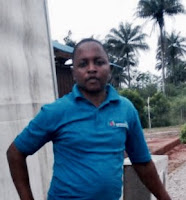 |
| Zahra recalls her family's experience when the Taliban controlled Afghanistan, and eyes her future skeptically. She shares her story and Farsi conversation on MOGwee. |
So this spring with my cousin and friends we cooked up MOGwee.com, where curiosity meets talent.
The platform enables users to explore fascinating people the way we search Amazon, book time to chat, e-pay, and video-chat all in one place.
This message isn’t a sales pitch, it’s a call to invest more of ourselves in the people around us. Do you know someone over-talented and under-compensated? Think about referring her or him to post a profile here. Are you looking for a Dari instructor, a meditation coach or a traditional healer? Or would you be ready to talk to a young woman in Mazer-e Sherif about her life under the Taliban, or a young man in Freetown who lost his family to Ebola? Expand your boundaries and take things from another perspective for a change.
I want people to earn more. I want to create a million jobs. Help me do it.
#MOGwee #marketplaceofhumanexperience








